Standing in front of a Christmas tree adorned with ornaments dedicated to sustainability, His Majesty King Charles III used every subtlety available to embellish the religious event with a political message that owes its allegiance, not to God, but to the Cult of Climate Change.
It was a decision that poisoned the King’s chances of approval before the speech had been heard, with #NotMyKing trending on Christmas Day.
Already a subscriber? Log in
Subscribe for just $2 a week
Try a month of The Spectator Australia absolutely free and without commitment. Not only that but – if you choose to continue – you’ll pay just $2 a week for your first year.
- Unlimited access to spectator.com.au and app
- The weekly edition on the Spectator Australia app
- Spectator podcasts and newsletters
- Full access to spectator.co.uk
Or

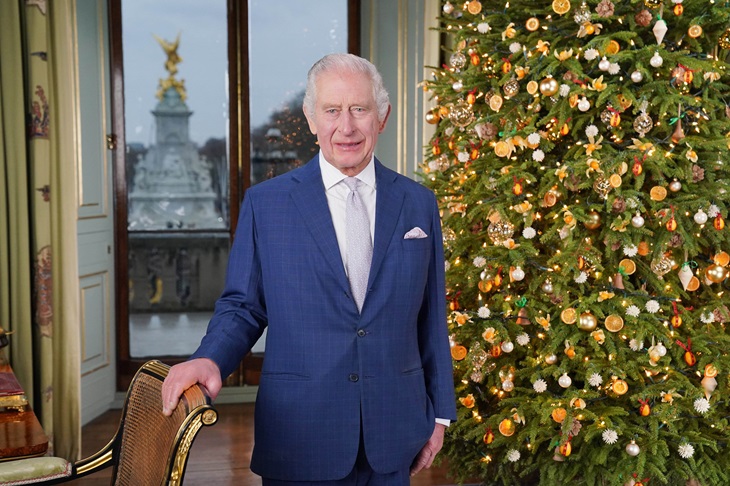
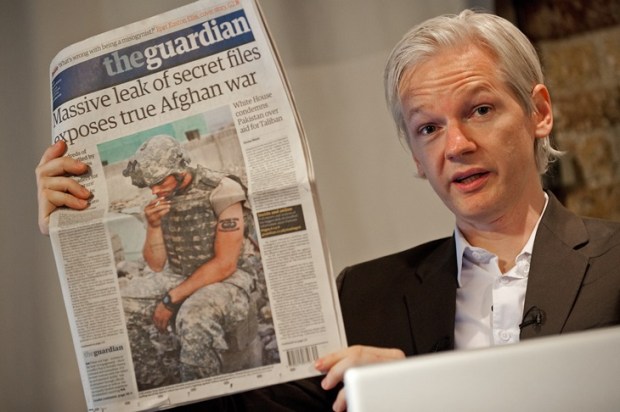
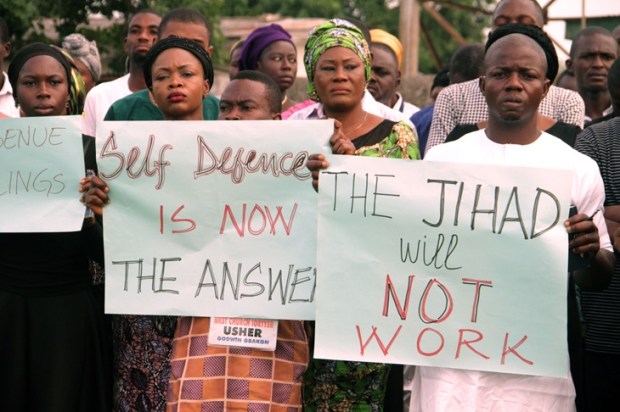
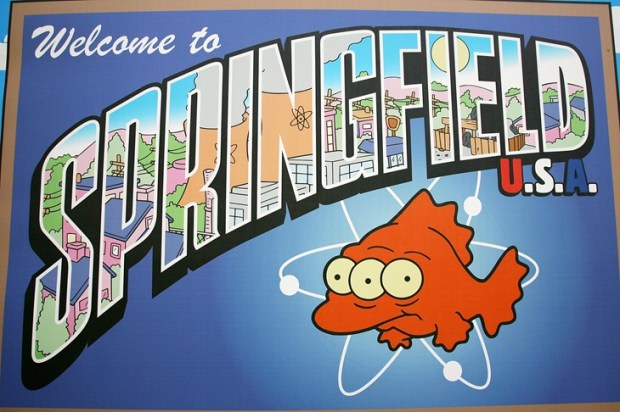
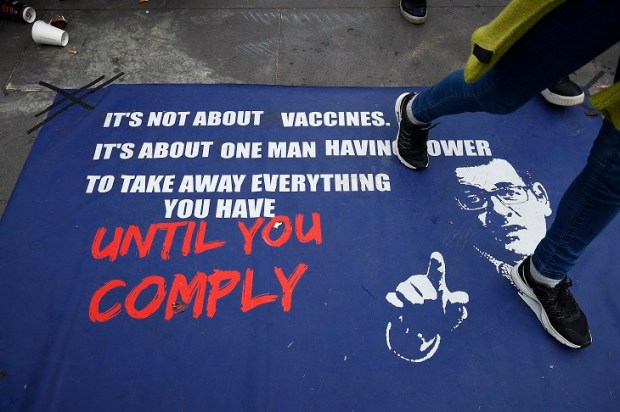
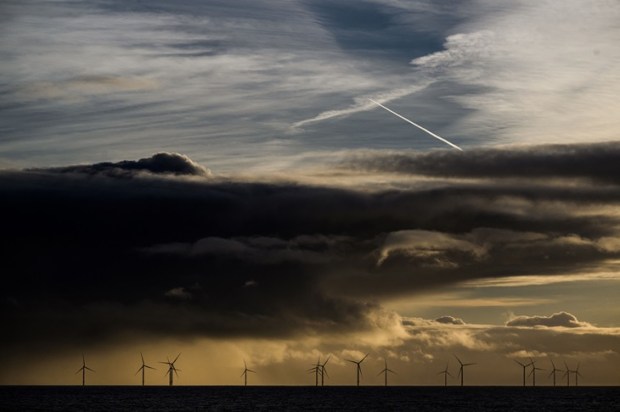



















Comments
Don't miss out
Join the conversation with other Spectator Australia readers. Subscribe to leave a comment.
SUBSCRIBEAlready a subscriber? Log in